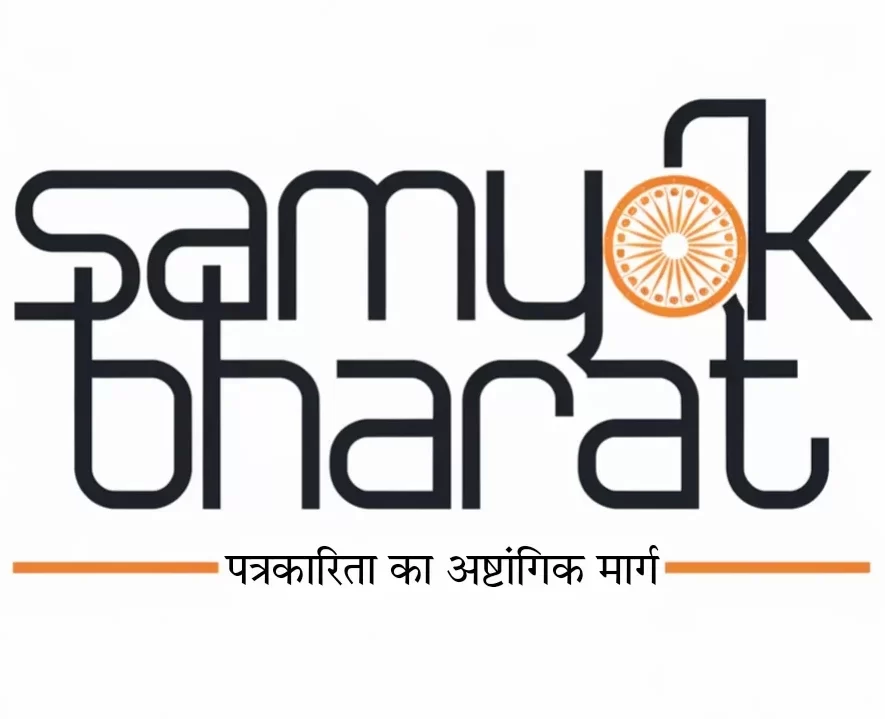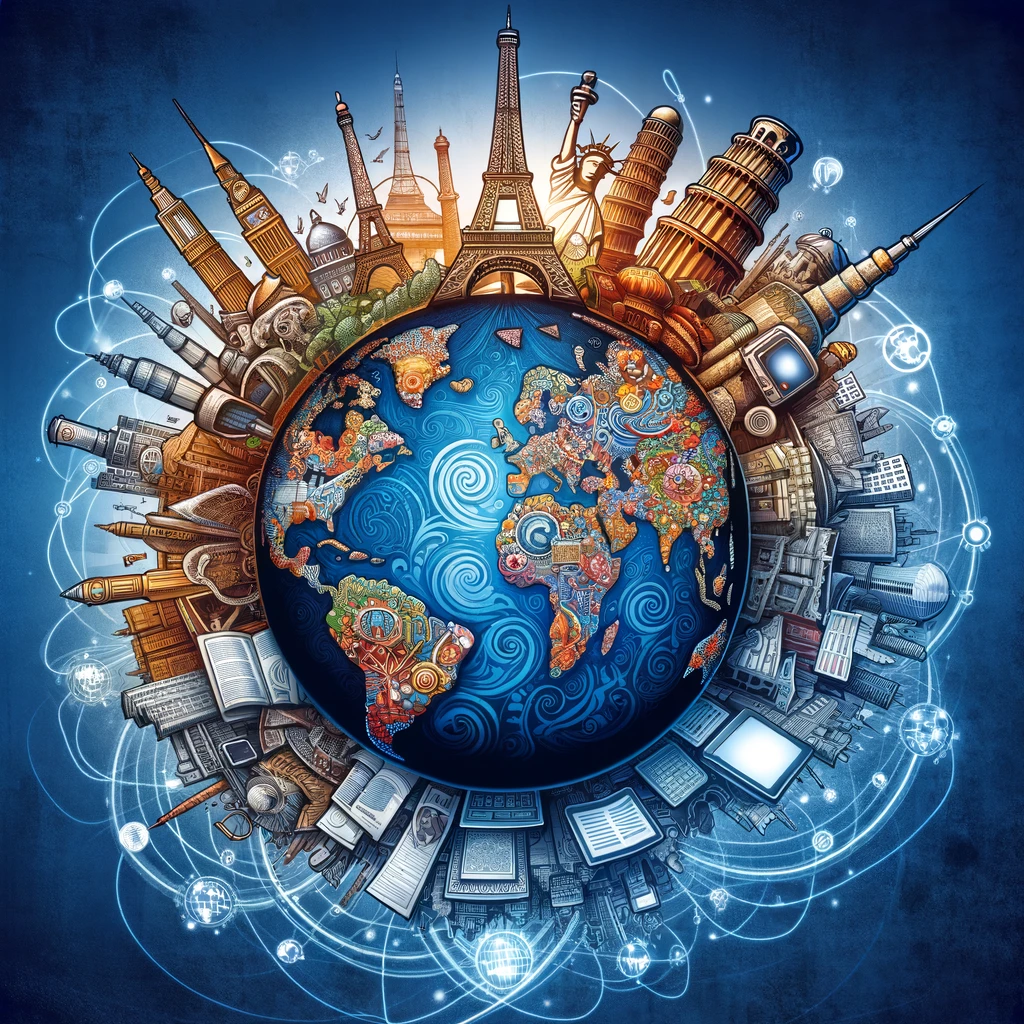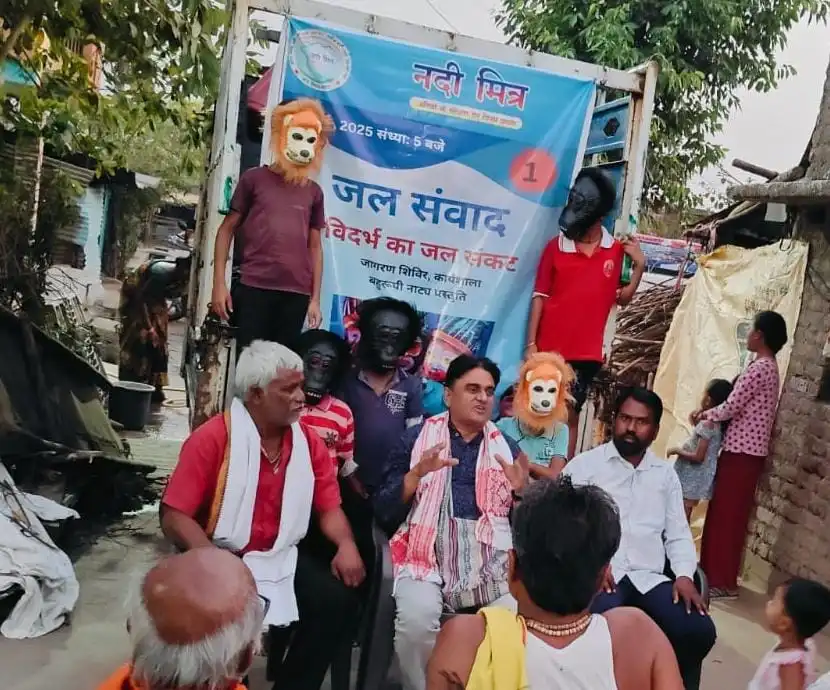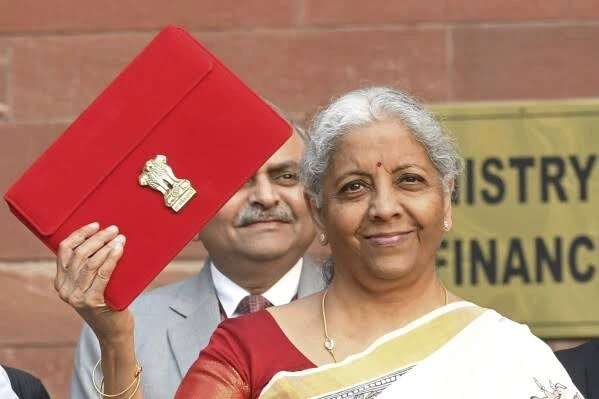Language: Language is not only collection of words and sounds, but it is also the cornerstone of human civilization and culture. Without language, human society would not have advanced beyond rudimentary communication, and the intricate tapestry of culture, knowledge, and progress that defines our existence today would never have emerged the way it is. Language is the invisible thread binding individual and communities, it enables the exchange of ideas, emotions, and traditions. In the absence of language, the world would indeed be “dead meat”—devoid of growth, understanding, and connection.
The Foundation of Human Civilization
From the dawn of humanity, language has been at the heart of human evolution. Ancient humans used basic sounds and symbols to express their thoughts, and over the time, these rudimentary forms evolved into the complex languages we’re using today. This ability to articulate thoughts and ideas allows the creation of societies, the transmission of knowledge, and the preservation of history. Without language, there would have been no progress. Scientific discoveries, philosophical musings, and artistic achievements would have remained locked in individual minds, blocking the ways to influence or inspire others. Language has enabled humanity to build civilizations, form governments, establish laws, and create art and literature that define human culture.
The Role of Language in the Modern World
In today’s interconnected world, language remains an indispensable tool. It shapes how we think, learn, and interact with each another. Education, a cornerstone of progress, is heavily reliant on language. Through it, we pass on knowledge, values, and skills to present as well as future generations. Language also drives globalization, connecting people across borders. English, for instance, has become a global lingua franca, facilitating international communication in business, technology, and diplomacy. However, the dominance of certain languages also comes at a cost: the marginalization of smaller, less widely spoken languages.
The Threat to Linguistic Diversity
As globalization intensifies, many indigenous and minority languages are vanishing at an alarming rate. UNESCO estimates that nearly 40% of the world’s languages are endangered, with one language disappearing every two weeks. This loss is more a than linguistic loss; it is cultural loss. Every language carries within it a unique worldview, a way of interpreting and understanding the world. When a language dies, it takes with it centuries of accumulated wisdom, traditions, and knowledge about local ecosystems, medicinal practices, and ways of life. The extinction of a language diminishes collective heritage of humanity.
The Role of Language Preservation in Cultural Identity
Languages are more than tools of communication; they are living embodiments of culture. They encapsulate the history, traditions, and identity of a community. For example, the ancient Sanskrit language not only reflects India’s spiritual and philosophical heritage but also forms the foundation of modern Indian languages and literature. Preserving endangered languages is essential for maintaining the cultural richness of humanity. Efforts such as documenting these languages, creating dictionaries, and teaching them in schools can prevent their extinction. Technology is also helping mankind to preserve Languages. Additionally, encouraging their use in modern contexts—such as media, technology, and literature—can breathe new life into them.
The Power of the Mother Tongue
One of the most effective ways to preserve a language is to speak it. The mother tongue is a child’s first connection to their culture and identity. It fosters emotional bonds within families and communities and serves as a repository of traditional knowledge. Unfortunately, many people today feel hesitant to speak their native languages, often due to societal pressures or the perception that dominant languages are more prestigious. This reluctance can lead to the gradual decline of a language, ultimately pushing it toward extinction. It is crucial to instill pride in one’s mother tongue. Government, educators, and communities must work together to create an environment where speaking and celebrating native languages is seen as an asset rather than a hindrance.

A Call to Action: The Future of Linguistic Diversity
Preserving linguistic diversity is not just the responsibility of linguists or cultural activists; it is a collective duty. Here are a few ways to safeguard endangered languages:
- Education: Incorporating native and endangered languages into school curricula ensures their transmission to future generations.
- Documentation: Recording endangered languages through dictionaries, audio recordings, and written materials preserves them for future study.
- Media and Technology: Leveraging digital tools, such as apps and social media platforms, can make these languages more accessible and appealing to younger generations.
- Community Engagement: Encouraging native speakers to use their language in daily life fosters its survival.
Conclusion
Language is not just a medium of communication; it is the essence of human existence. It connects us to our ancestors, shapes our identities, and builds our future. The preservation of endangered languages is not merely about saving words; it is about safeguarding the cultural and intellectual wealth of humanity. By embracing our mother tongues and actively using them in our lives, we contribute to the preservation of our heritage. Let us remember that every language, no matter how small, is a treasure trove of human creativity and wisdom. In a world without language, there would be no culture, no progress, and no connection. Hence, language is not just a necessity—it is what makes us human.

–Utkarsh Pandey
(Writer is a student of Mahatma Gandhi International Hindi University)



